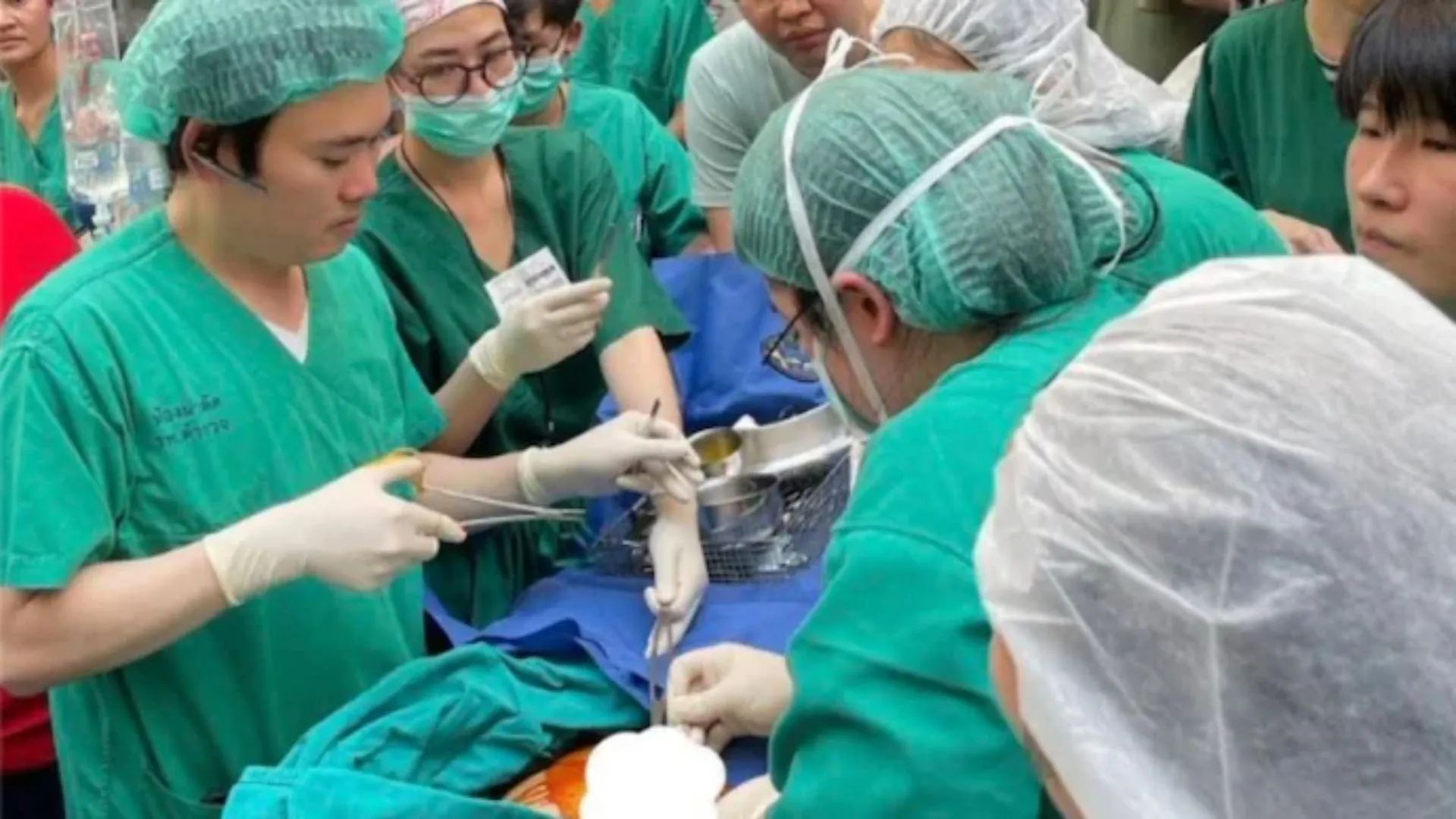Maharashtra gears up for decisive Assembly polls today. The political landscape remains as fractured as ever. Since the 2019 election, the state has seen three governments, three chief ministers, and four deputy chief ministers, and that will underscore the turbulence in the state’s political environment. As voters head to the polls, the stakes are incredibly high for both the incumbent Bharatiya Janata Party (BJP)-led Mahayuti alliance and the Congress-led Maha Vikas Aghadi, which is struggling to regain power.
The Mahayuti has targeted this election with a renewed, aggressive attempt to consolidate the Other Backward Classes (OBC) vote. The BJP has been assiduously wooing the OBC masses for a long time, and particularly used the Madhav formula, where leading OBC groups have been amalgamated like Mali, Dhangar, and Vanjari. This is yet another strategic move to balance off the Maratha political influence that has traditionally sided with the Congress.
This effort by the BJP, coupled with the rallying cry of “Ek Hain To Safe Hain” from Prime Minister Narendra Modi, is aimed at allaying the growing anxiety of OBC voters pertaining to their place in educational institutions and government jobs in particular if Marathas are included in the OBC category. In doing this, the BJP needs to balance OBCs with the interests of Marathas without alienating either.
MVA’s Game for Maratha Votes
Meanwhile, the MVA is instead making calculated moves over the Maratha vote. Demand for Maratha reservation has been a sensitive issue for long and BJP wavering on it left the Marathas ‘aggrieved’. How much this has disturbed the Maratha psyche was witnessed during the just concluded 2024 Lok Sabha polls when the Mahayuti lost all its parliamentary seats in Marathwada.
On the other hand, MVA was very vocal for Maratha’s reservations demand. If they come to power, they promised to introduce a comprehensive bill in the assembly that grants reservations to Marathas, Dhangars, Lingayats, Muslims and VJNTs, who are Vimukh Jati Nomadic Tribes. It can become more of a challenge for MVA to consolidate their votes from the Maratha region as Chief Minister Eknath Shinde is emerging as a powerful leader in Maratha society.
An Indicator of Direct BJP vs. Congress Battles
One more interesting aspect of the Maharashtra election is that in 76 seats, there is a direct contest between BJP and Congress, with the BJP confident of winning over 50. This can be a decisive factor overall. The two parties will clearly clash over the 36 seats in the cotton belt of Vidarbha, where BJP will look to stretch its advantage to help the Mahayuti alliance cross the critical 150-seat mark in the 288-member assembly.
Vidarbha: A Critical Contest
Vidarbha has, since the very beginning, been a key constituent in Maharashtra’s political map, holding 62 seats. Traditionally a BJP bastion, the region saw a considerable shift in the 2024 Lok Sabha elections when the MVA secured seven out of ten seats. This rural area, known for its agricultural distress, could be pivotal in deciding the election outcome. With concerns such as low soybean and cotton prices in farming, a promise of better support prices by the Congress should strike the right chord of the rural voters here.
Cash Schemes, Freebies, and Their Role
The election has become a battle of promises, with both alliances raining in cash schemes. The BJP-led Mahayuti has launched the “Ladki Bahin” scheme, wherein Rs 1,500 directly reaches women, while the Congress-led MVA has promised Rs 3,000 to women. The Mahayuti is mulling over hiking the amount to Rs 2,100 in its manifesto. Besides, monetary assistance to farmers, youths, and elderly women would be accepted by all three alliances; their promises on these issues could impact the general emotional goodwill of rural voters affected because of economic distress.
Drawing Momentum from Haryana and the 2024 Perception
The success of the BJP in Haryana, where it consolidated non-Jat votes, has provided a blueprint to the party in Maharashtra. Uniting Hindu votes and non-Maratha OBCs will help the BJP reduce any momentum opposition success in the 2024 Lok Sabha elections may have created. The MVA, on the other hand, hopes to ride the perception of the 2024 general elections, which saw them dominating assembly segments of Maharashtra.
Rural Distress and Concerns of Farmers
Rural distress, most notably in areas like Gadchiroli, has been a long-standing concern for Maharashtra. Promising a minimum support price to soybean farmers may attract more votes in the rural heartland. Cash transfers of the Mahayuti to the districts with a view to relieving financial distress will well find acceptance among such voters. Skepticism about implementation, however, is very high in distressed areas and among farmers.
Vote Transfers and Alliance Coordination
A related challenge in terms of vote transfers confronts both Mahayuti and MVA. The former will have to worry about whether votes from “minor” parties such as the Ajit Pawar NCP will fully flow over into the BJP. The MVA must schedule the handing over of votes between its three leading parties and four smaller ones.






















